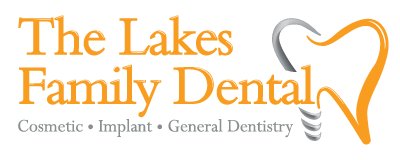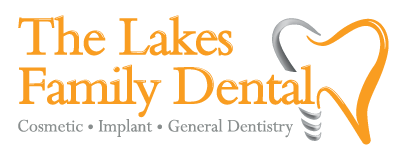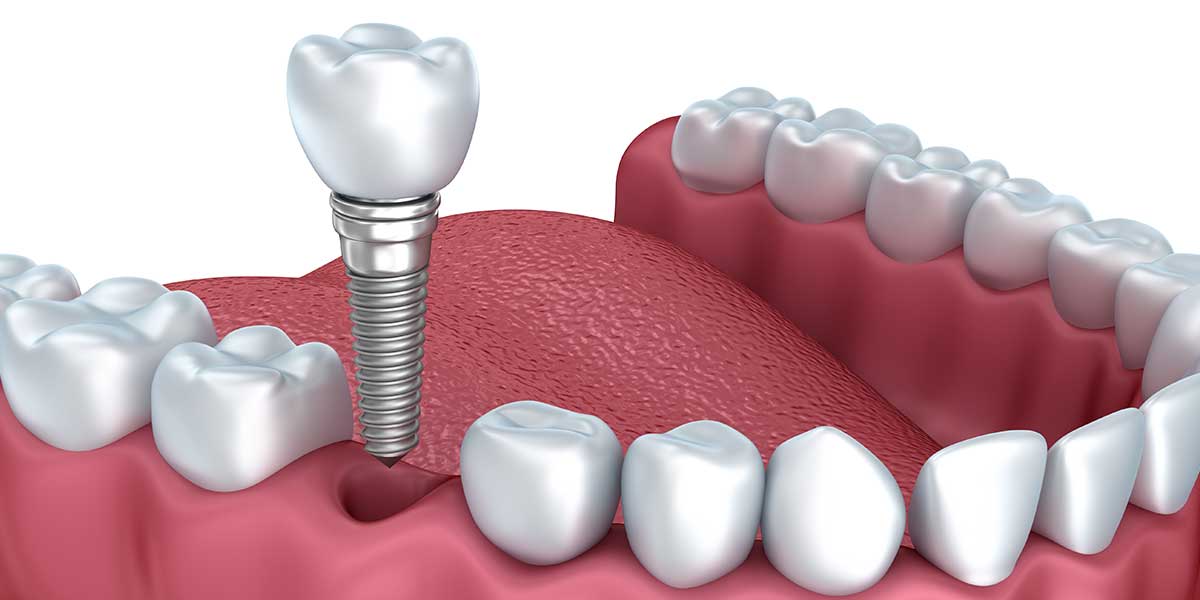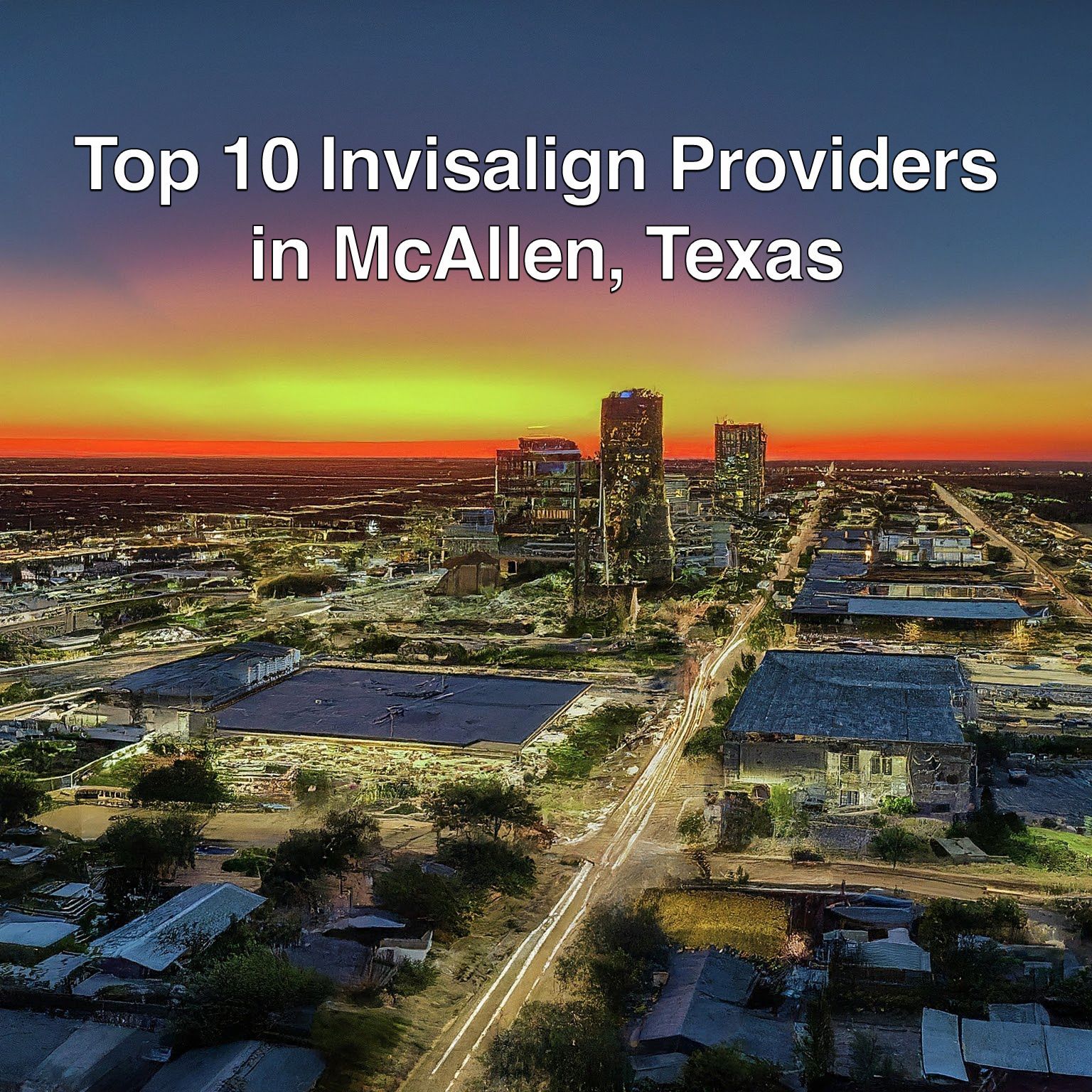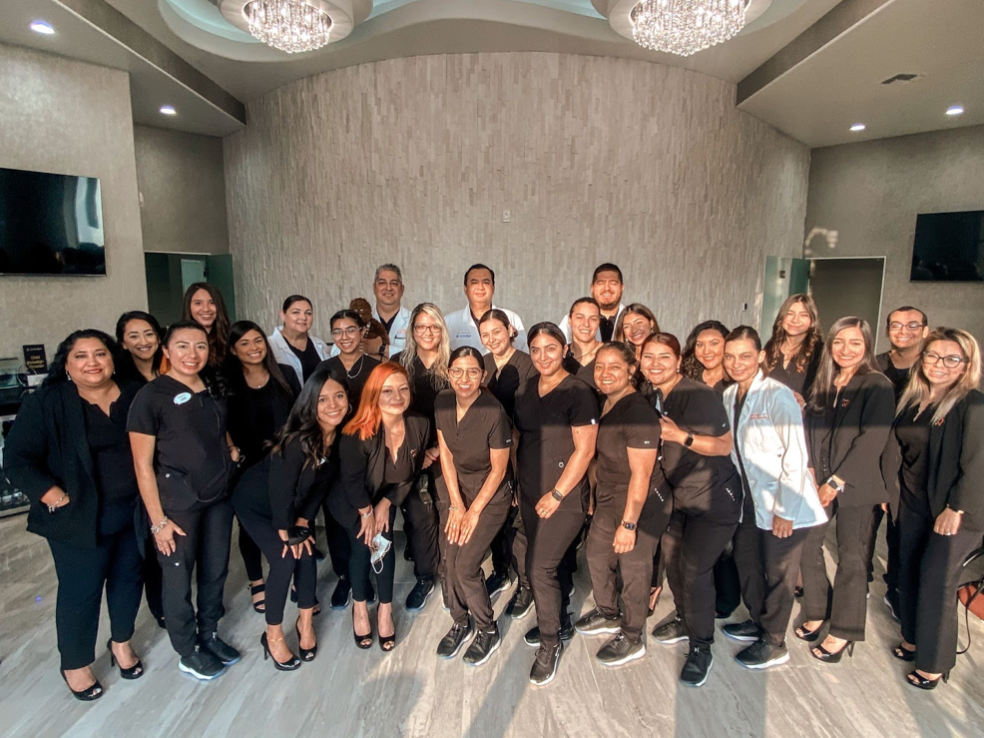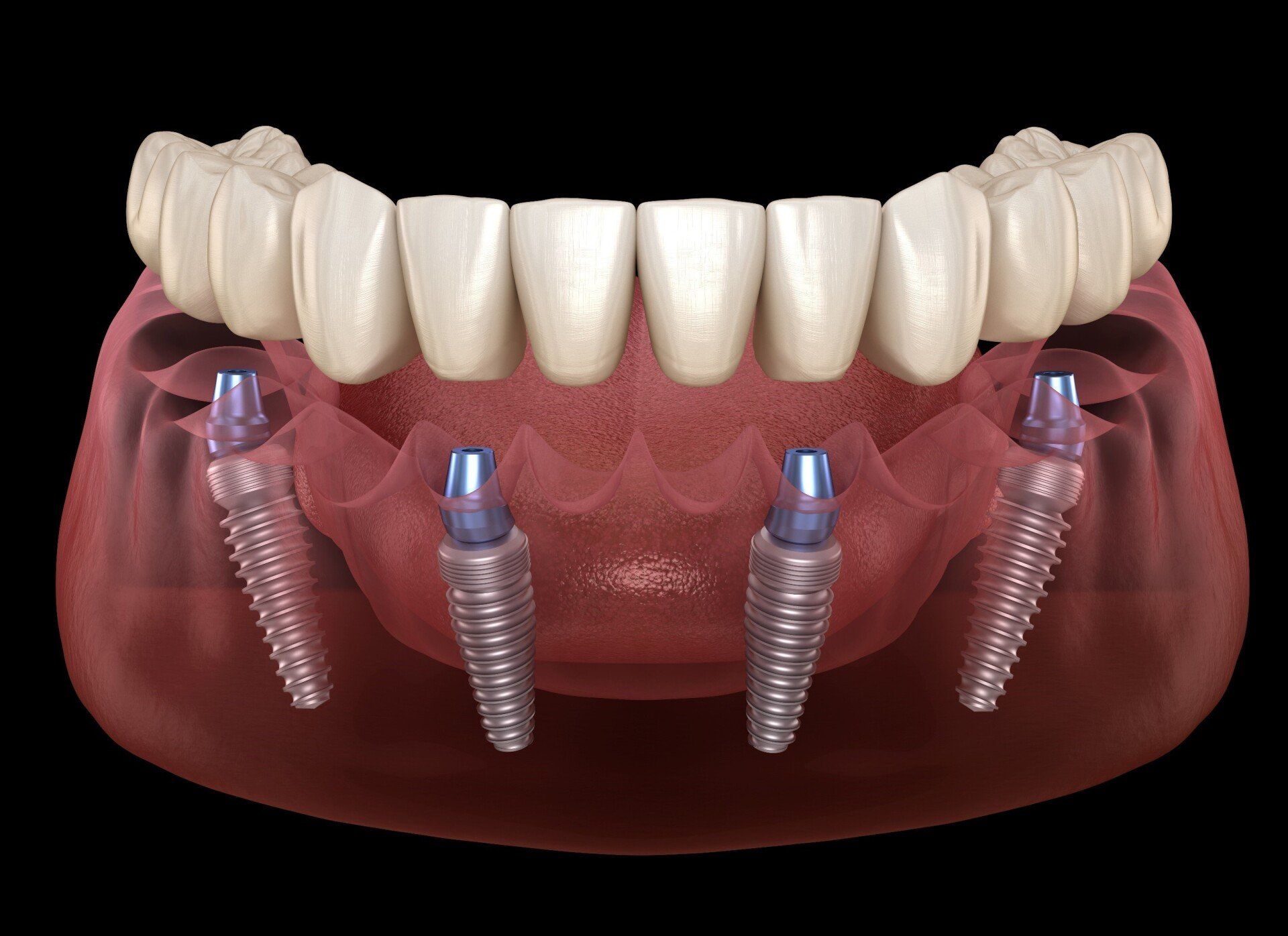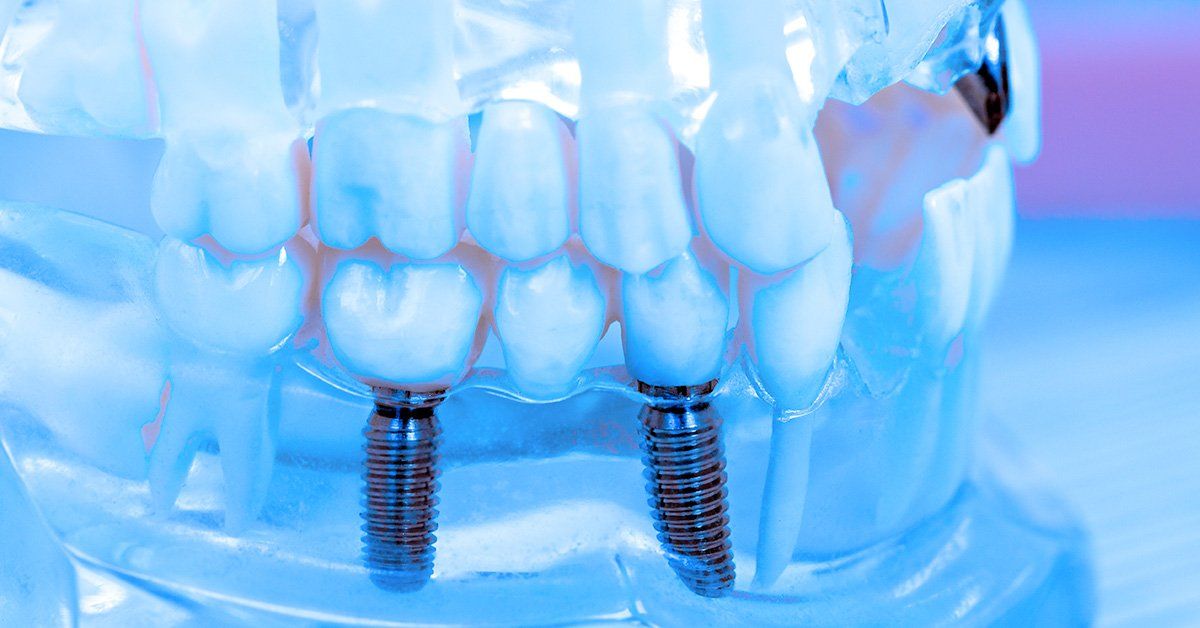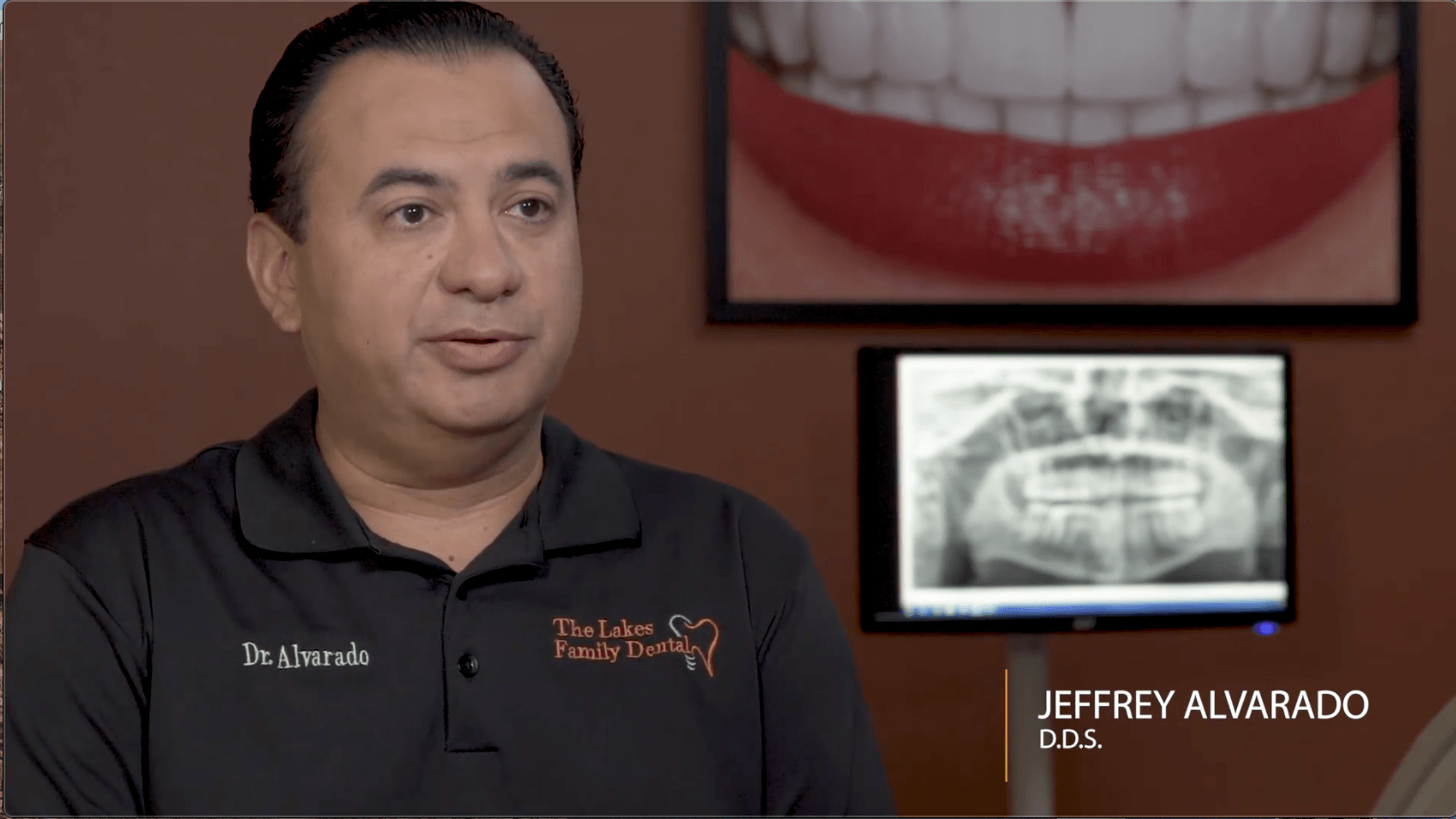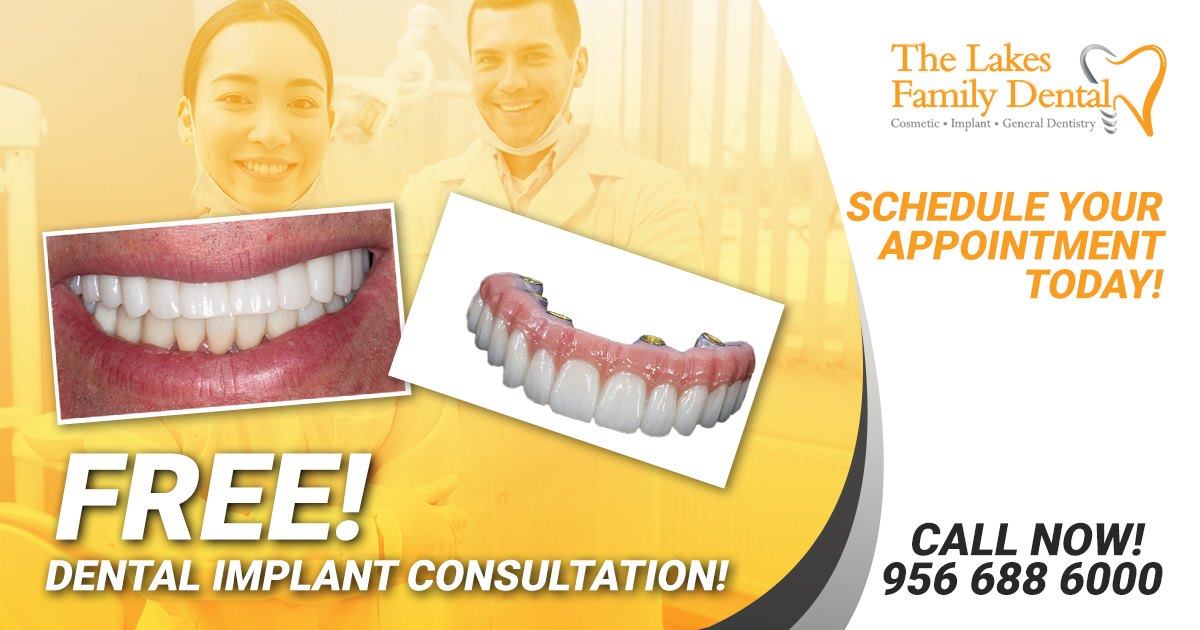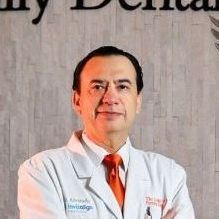What Is Bruxism?
Bruxism is a condition characterized by the involuntary grinding, gnashing, or clenching of teeth. While it can happen at any time, it often occurs during sleep, making it difficult for patients to realize they are affected. In some cases, bruxism can also occur during the day due to stress, anxiety, or concentration. Bruxism can lead to a variety of dental and health problems, including tooth damage, jaw pain, headaches, and even difficulty opening the mouth.
At The Lakes Family Dental, we offer effective Bruxism treatment in Edinburg, TX to help prevent the damage caused by this condition and improve your quality of life. Led by Dr. Jeffrey Alvarado, our team is dedicated to diagnosing and treating bruxism early to avoid long-term consequences.
Signs and Symptoms of Bruxism
Bruxism often goes unnoticed by many patients, as it typically occurs while they are sleeping. However, there are several telltale signs that can help you determine if you may have bruxism:
- Worn Tooth Enamel:
The enamel on your teeth may start to wear down, leading to tooth sensitivity and increased vulnerability to cavities.
- Jaw Pain or Soreness:
If you wake up with a sore jaw or facial muscles, bruxism may be the cause.
- Headaches:
Regular headaches, particularly in the morning, can be a symptom of teeth grinding.
- Toothaches or Sensitivity:
Grinding and clenching can cause toothaches or make your teeth sensitive to hot or cold temperatures.
- Damaged Teeth:
If you notice chips, cracks, or flat spots on your teeth, bruxism may be the cause.
- Earache:
Bruxism can lead to ear pain, as the jaw muscles put pressure on the ear area.
If you experience any of these symptoms, it’s important to seek Bruxism treatment in Edinburg, TX as soon as possible to prevent long-term damage.
Diagnosis of Bruxism
Bruxism is often diagnosed during a regular dental checkup. Dr. Alvarado will look for signs of tooth wear, jaw tension, and other telltale symptoms of teeth grinding. If you experience any of the symptoms mentioned above, it’s important to schedule a consultation with Dr. Alvarado.
Additionally, Dr. Alvarado may ask questions about your medical history, lifestyle, and stress levels to pinpoint possible contributing factors. In some cases, a sleep study or evaluation by a sleep specialist may be recommended if sleep disorders, such as sleep apnea, are suspected as a cause of bruxism.
Can't Call Us Now?
Bruxism Page
Causes of Bruxism
There are several possible causes of bruxism, and it is important to identify the underlying cause in order to treat the condition effectively. Some of the most common causes of bruxism include:
- Stress and Anxiety: Emotional stress or anxiety is one of the leading causes of bruxism. People who are under high levels of stress often clench their teeth as a response to tension.
- Sleep Disorders: Conditions such as sleep apnea or snoring can contribute to bruxism, as teeth grinding often occurs during periods of disrupted sleep.
- Misaligned Teeth or Jaw: Malocclusion, or
misalignment of the teeth, can cause the upper and lower teeth not to meet properly, leading to grinding and clenching.
- Medications: Certain medications, particularly antidepressants, can increase the likelihood of bruxism.
- Lifestyle Habits: Consumption of substances such as caffeine, alcohol, and recreational drugs can exacerbate teeth grinding.
- Genetics: Some individuals may be genetically predisposed to bruxism, especially if other family members have experienced the condition.
At The Lakes Family Dental, Dr. Alvarado will work with you to identify the specific causes of your bruxism and determine the most effective treatment.
Prevention of Bruxism
In addition to treatment options, there are steps you can take to prevent bruxism and reduce the risk of teeth grinding in the future:
- Avoid Stimulants:
Limit your intake of caffeine and alcohol, especially before bedtime.
- Establish a Bedtime Routine:
Try to relax before bed by engaging in calming activities such as reading or taking a warm bath.
- Quit Smoking:
Smoking can exacerbate bruxism, so quitting can help reduce grinding and clenching.
- Stay Hydrated:
Dehydration can increase the likelihood of muscle spasms, so drinking plenty of water can help.
- Mind Your Diet:
Eating soft foods during meals can reduce the strain on your jaw muscles.
By making these lifestyle changes and working with Dr. Alvarado to create an individualized treatment plan, you can effectively manage and prevent bruxism.
The Link Between Sleep Disorders and Bruxism
Sleep Apnea and other sleep disorders have been closely linked to bruxism. People with sleep apnea often experience interruptions in their breathing during sleep, which may trigger teeth grinding as a response. This connection is especially concerning because sleep apnea itself can lead to further health complications, including high blood pressure and heart disease. If you suspect you may have sleep apnea, Dr. Alvarado may refer you to a sleep specialist for further evaluation and diagnosis.
For patients who grind their teeth due to sleep-related issues, addressing the root cause with sleep apnea treatment can reduce the occurrence of bruxism. Sleep apnea treatment may include using a CPAP machine, oral appliances, or other options to improve breathing during sleep.
Treatment Options for Bruxism
If you’ve been diagnosed with bruxism, it’s important to take action quickly to prevent further damage. Bruxism treatment focuses on relieving symptoms, preventing tooth wear, and addressing the underlying causes of the condition. Some of the most effective treatment options for bruxism include:
Custom Night Guards
One of the most common treatments for bruxism is the use of a night guard. A night guard is a custom-made dental appliance that fits over your teeth, helping to protect them from the pressure caused by grinding. Night guards also act as a barrier to reduce the damage caused by clenching. They can be particularly helpful if you grind your teeth while sleeping and aren’t aware of it.
Dr. Alvarado will take impressions of your teeth and create a personalized night guard that fits comfortably and effectively. Night guards are durable and discreet, making them an excellent solution for managing bruxism.
Benefits of Night Guards:
- Protects teeth from further damage
- Reduces the discomfort caused by teeth grinding
- Prevents jaw muscle strain and headaches
Stress Management Techniques
Since stress is one of the most common triggers of bruxism, learning how to manage stress can significantly reduce the occurrence of teeth grinding. Some effective stress management techniques include:
- Meditation and Deep Breathing: These relaxation techniques can help reduce tension and prevent teeth grinding.
- Regular Exercise: Engaging in physical activity can help release built-up tension and reduce overall stress levels.
- Relaxation Exercises: Gentle jaw massages or other relaxation techniques before bed can help reduce clenching.
Dr. Alvarado may recommend certain lifestyle changes or stress management practices as part of your Bruxism treatment.
Corrective Dental Treatments
If your bruxism is caused by misaligned teeth or jaw issues, Dr. Alvarado may suggest corrective dental treatments to help realign your bite and prevent grinding. Some options include:
- Orthodontics (Braces): If malocclusion is contributing to your bruxism, braces may be needed to realign your teeth and jaw.
- Veneers: For patients with worn-down teeth, dental veneers can be placed to restore the appearance and function of their teeth.
- Crowns and Bridges: These restorative treatments can help protect damaged teeth from further wear caused by bruxism.
Dr. Alvarado will evaluate your teeth and bite to determine if any corrective dental work is necessary as part of your treatment plan.
Medication
In certain cases, Dr. Alvarado may prescribe medications to help manage bruxism symptoms. These medications are typically used to relieve pain or muscle spasms caused by teeth grinding. Common options include:
- Muscle Relaxants: These can help reduce jaw tension and alleviate discomfort caused by bruxism.
- Anti-Anxiety Medications: If stress or anxiety is a significant factor, medications may be prescribed to help reduce anxiety levels and prevent teeth clenching.
- Botox Injections: In some cases, Botox injections can be used to temporarily paralyze the jaw muscles, preventing the clenching associated with bruxism.
Medication should only be used as a complementary part of a comprehensive bruxism treatment plan.
Behavioral Therapy
For patients with bruxism caused by psychological factors such as stress or anxiety, behavioral therapy can be highly effective. Dr. Alvarado may refer you to a licensed therapist or counselor who specializes in cognitive-behavioral therapy (CBT). CBT can help identify negative thought patterns and behaviors that contribute to bruxism and provide you with tools to manage stress and anxiety more effectively.
Schedule Your Consultation with Dr. Alvarado
If you are experiencing any of the symptoms of bruxism, don’t wait to seek treatment. Bruxism treatment is essential for protecting your teeth, reducing discomfort, and improving your overall quality of life. Dr. Jeffrey Alvarado and the team at The Lakes Family Dental are here to help you manage bruxism effectively and restore the health of your smile.
Contact us today to schedule your consultation and take the first step toward a pain-free, healthy smile.
